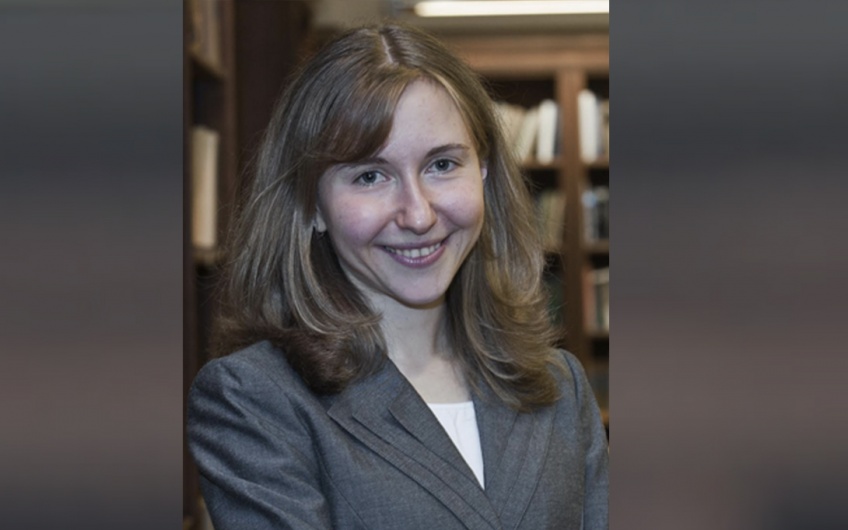
Blue bag lunch talks
The Center on Finance, Law & Policy’s “blue bag lunches” aim to foster interdisciplinary collaborations and showcase the work being done at the University of Michigan on issues related to finance, law, and policy. Faculty are welcome to present research related to finance, law, and policy at any stage at these monthly events–from general questions and ideas, to works-in-progress, to published work. The upcoming blue bag talks for the winter 2023 semester will be held virtually over Zoom.
When classes are in session, Blue Bag Lunches are generally held on the first Thursday of each month from Noon – 1 p.m. Presentations are open to all with registration required.
The Blue Bag Lunch Talk speakers for the 2022-23 academic year will be:
September 8, 2022 - Professor Nejat Seyhun
October 6, 2022 - Dr. Trina Shanks
November 3, 2022 - Dr. Debotri Dhar
December 8, 2022 - Professor Ed Fox
January 12, 2023 - Professor Catherine Hausman
February 2, 2023 - Professor Jeffery Zhang
March 9, 2023 - Professor Sanjukta Paul
April 6, 2023 - Professor JJ Prescott

Upcoming talk: Sanjukta Paul
When we think about the historical relationship between antitrust law and labor coordination, we tend to assume that before there was an explicit “labor exemption,” collective bargaining and other collective action among workers was viewed as anti-competitive. Yet that idea was developed much later than commonly assumed. Debates leading up to the Clayton Act of 1914 form an important episode leading up to that contested development. This draft chapter, part of a larger book project, considers this episode in the context of surrounding developments in the law, in economic thought, and in the organization of economic activity. A less-familiar view of competition and markets (from the modern perspective —one focused on distinguishing between fair and unfair competition—also had an important role in the debates leading to Progressive Era antitrust legislation. This view of markets acknowledges that competition is always channeled in particular qualitative directions—guided by, among other things, law—and is also always accompanied by particular, legally-conditioned forms of economic coordination.
Past talks
Have any questions?
























